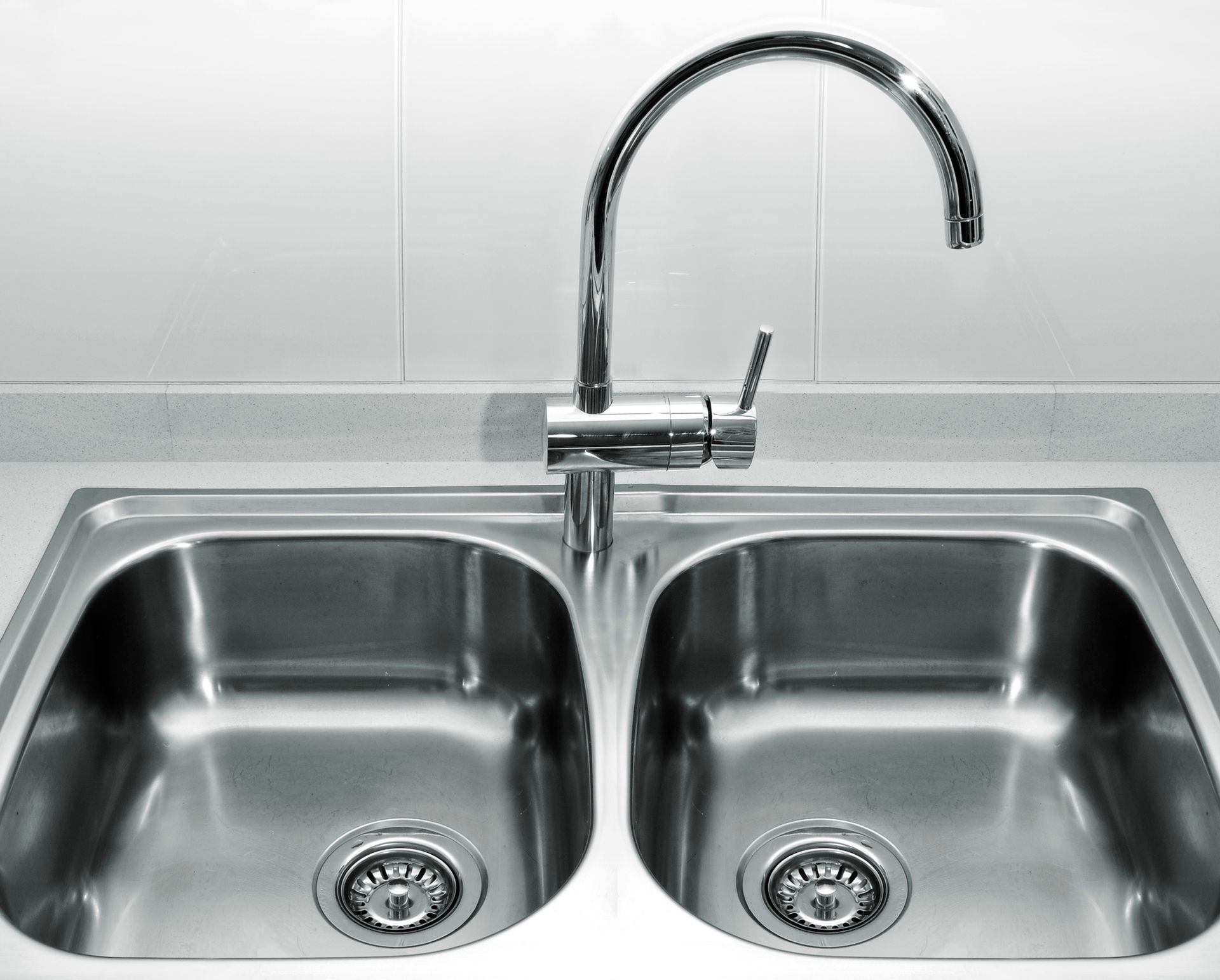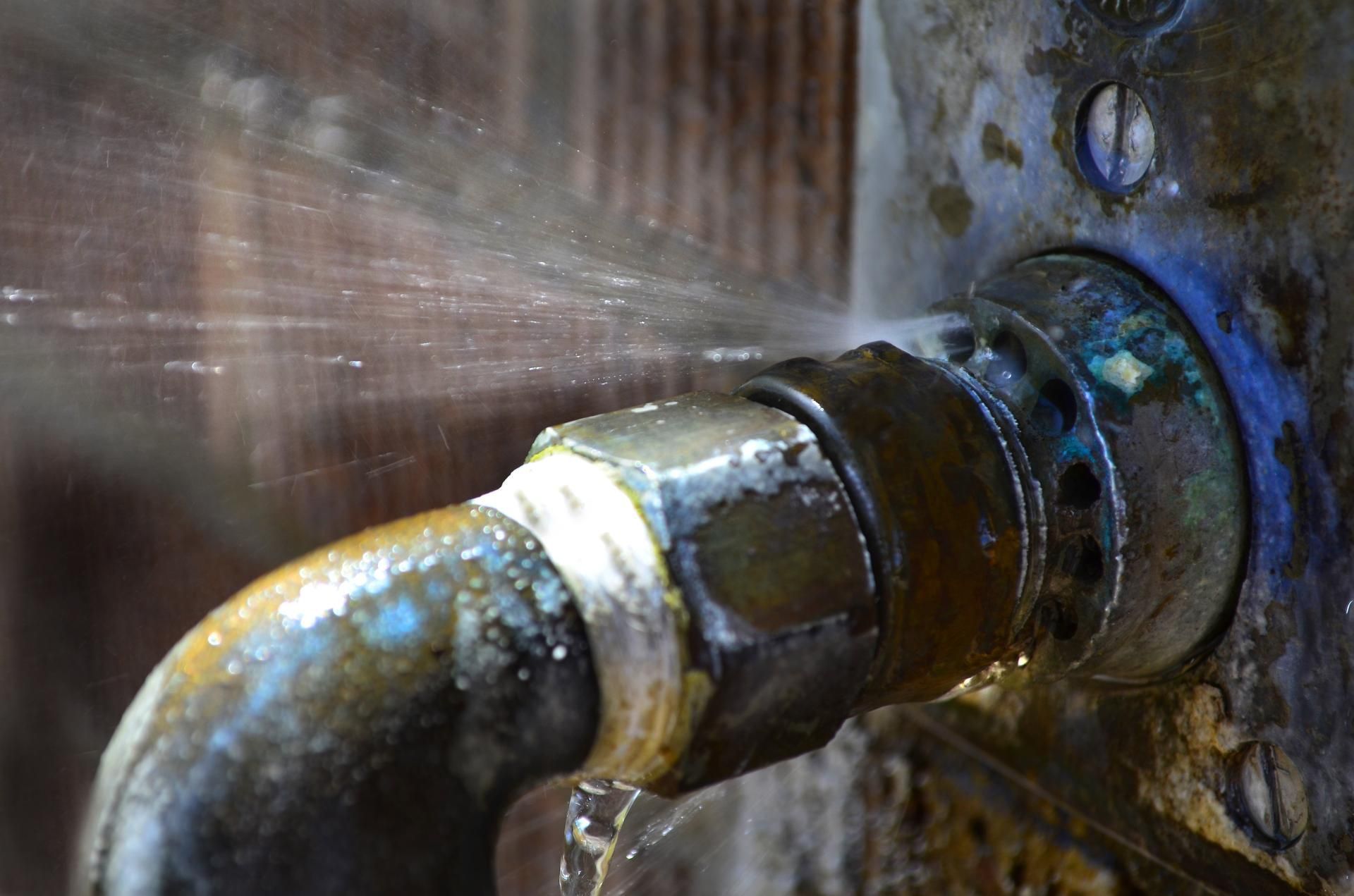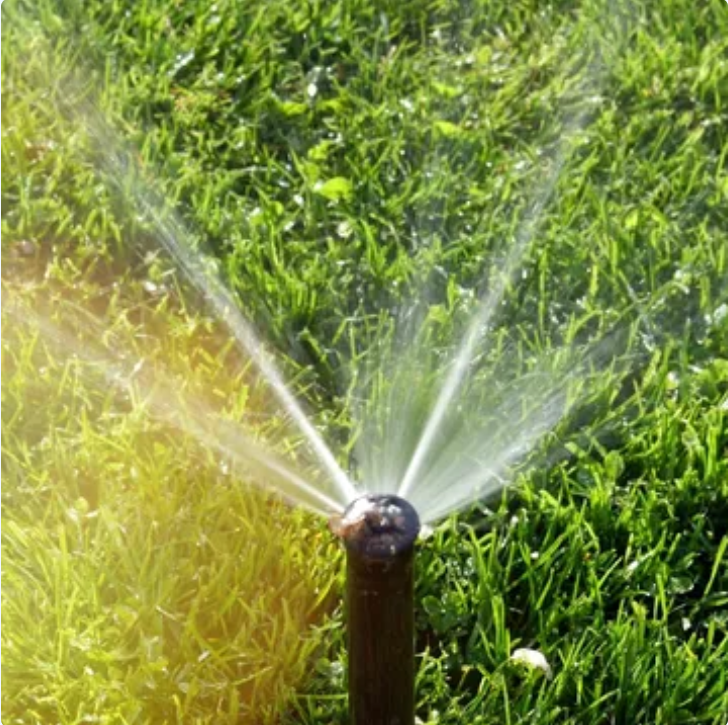CALL US TODAY!
The Top Questions to Ask Before You Flush

Do you really know what not to flush? Even though you may already know not to flush paper towels, wipes, and feminine hygiene products, the list doesn’t end with these common clog-causing culprits. Before your next flush, take a look at the questions you need to ask.
Is the Item Septic Safe, and Does It Matter?
If your home has a septic tank, you need to make sure what you flush is safe. But that doesn’t necessarily mean you need to buy a pricey or specialized toilet paper product. Toilet paper should dissolve in your home’s septic system and become part of the sludge at the bottom of the tank. This reduces the risk of backups and other serious plumbing problems.
Even though you can find plenty of paper products on the market that claim they’re septic safe, what does this really mean? Some of these supposedly safe products can cause issues in your home’s system — especially if the safe label is only a marketing claim. To reduce the likelihood of a paper-related plumbing problem, think before you flush and:
- Choose a certified paper. Look for the National Sanitation Foundation certification for a truly septic-safe product.
- Stay away from fluffy products. A thick, fluffy product may not tear apart easily. This can cause clogs in your home’s plumbing system.
- Choose a recycled product. Not only are recycled papers good for the environment, these products tend to dissolve easily and are less likely to cause serious clogs or backups.
Are you still unsure about what to flush and what not to? The world of septic-safe products is confusing at best. Overenthusiastic marketing claims can lead you to the wrong choice for your home’s plumbing needs. If you need help to select the right product and better understand what not to flush, talk to a professional. A qualified plumber can help you to make an informed decision.
Is the Item Safe for Your Drains?
Different homes have different types of plumbing systems. Even though your home may not have a septic tank, you still need to think twice before you flush. Along with the common clog-causers, such as sanitary pads and paper towels, avoid:
- Cat litter. Even though litter is your cat’s version of a toilet, it shouldn’t go into your home’s plumbing system — especially if it’s a clumping product. Cat litter will clump and ball when wet. These clumps can clog your toilet and pipes.
- Dental floss. Never toss the floss into the toilet. Most floss products aren’t biodegradable. This means floss can clog your home’s plumbing system or cause issues in the environment.
In general, avoid anything that clumps, absorbs water, or in any other way will coat your home’s pipes. If you do accidentally flush a clog-causing product, contact the plumber as soon as possible. The professional knows how to inspect your home’s plumbing and remove a clog effectively.
Is the Item Safe for the Sewer System?
Your home’s fixtures and drains aren’t the only parts of the plumbing system to keep safe. After you flush, the paper or other products make their way down your home’s drains and into the local or municipal sewage system.
While most types of toilet paper are safe for the greater sewage system, items to keep far away from your toilet include:
- Oils and fuels. Even though motor oil is a liquid, it doesn’t belong in your toilet. Not only can the slick liquid coat the pipes, but it can also cause environmental issues when it gets past your home’s system.
- Cooking oils. You know fats and grease can’t go down the kitchen sink drain. But what about the toilet? Like motor oils, these products can cause clogs in the main sewer system.
- Medications. Do you think unused medications are safer to flush? Even though you shouldn’t put prescription or over-the-counter meds in the trash, wastewater treatment plants and septic systems won’t always remove pills, liquids, and other similar products from the water supply.
- Craft and photography chemicals. Chemicals used to develop film and for some types of crafting process can also make their way into the water supply. In wastewater, these dangerous substances can interfere with the water treatment process or end up in the environment.
- Pesticides. Like craft or photo chemicals, these are potentially dangerous chemicals that should never go into your toilet.
Everything you flush has an impact on the planet. Tainted wastewater can end up in rivers, lakes, or other bodies of water — even after it leaves the treatment plant. If you’re not sure what products could pose a risk, talk to a professional. Like with toilet paper and septic safety, the plumber can help you to better understand what products are hazardous or unhealthy to flush.
Does your home have a clog? Contact Jim Dhamer Plumbing and Sewer, Inc. at 630-964-2222 for more information.
The post The Top Questions to Ask Before You Flush appeared first on .
Leave A Reply
More Posts
Quick Links
Business Hours
Monday - Friday: 7:30 a.m. - 4 p.m.
Saturday: By Appointment Only
Sunday: Closed
Payments Accepted









